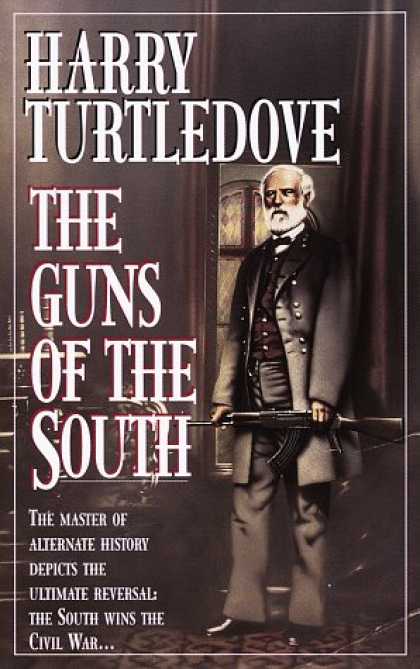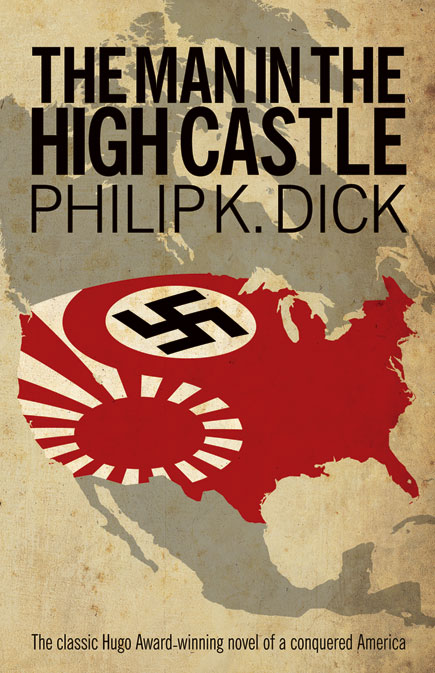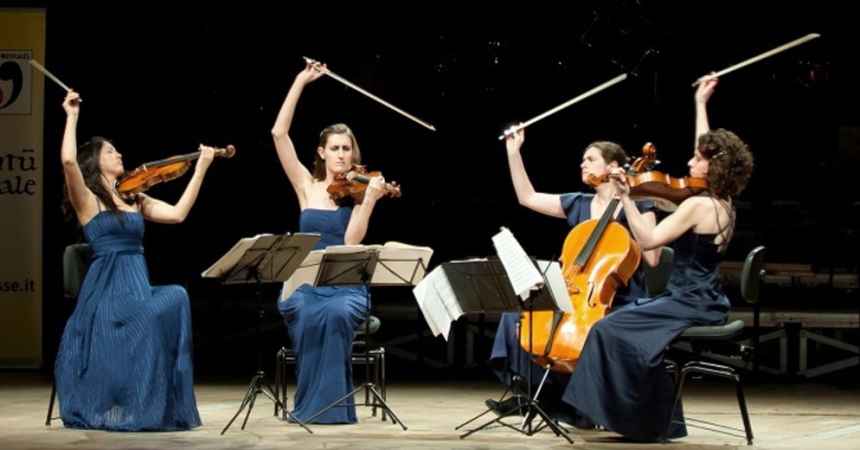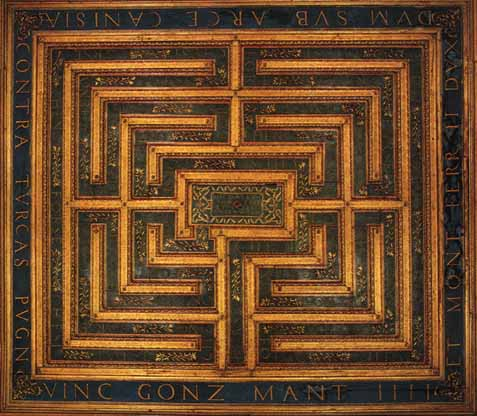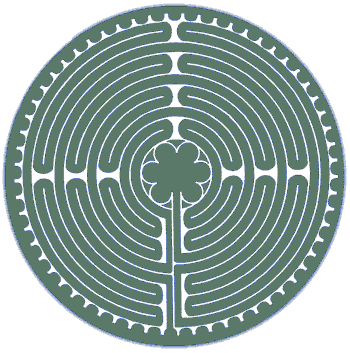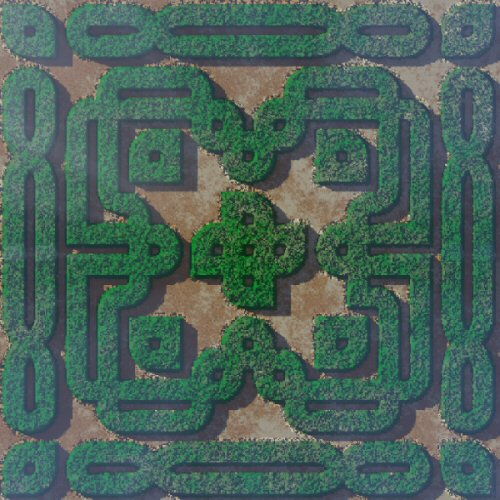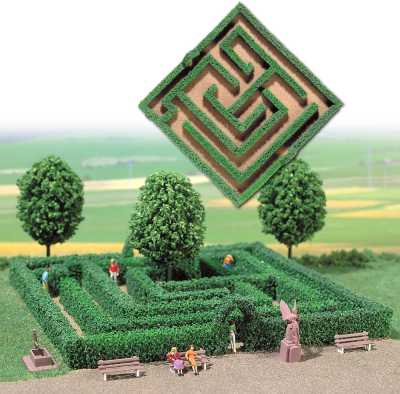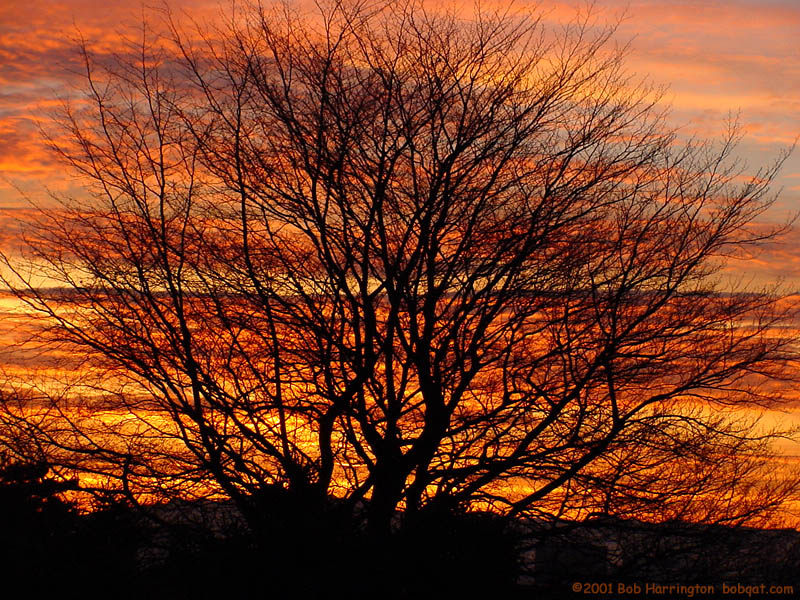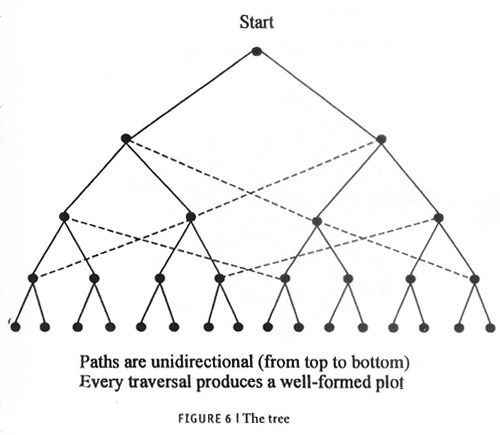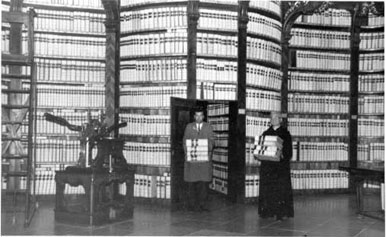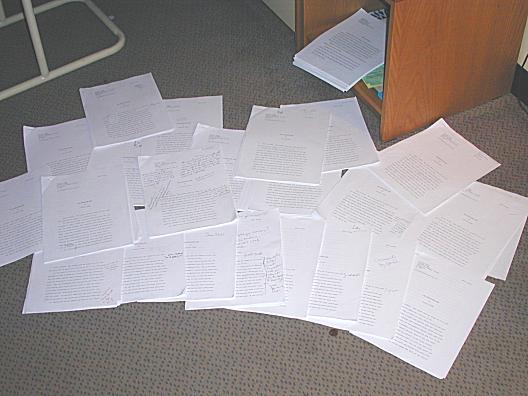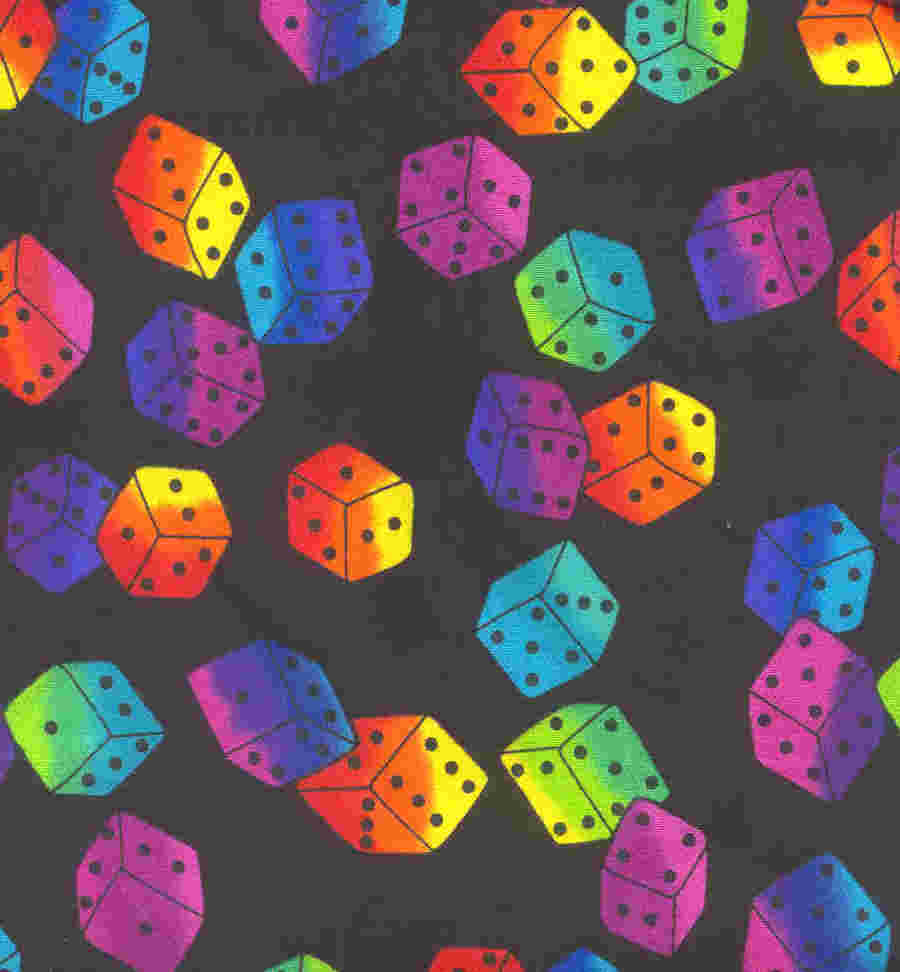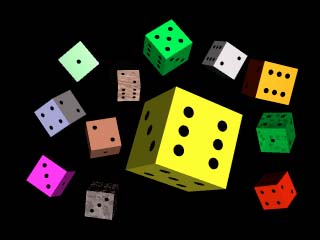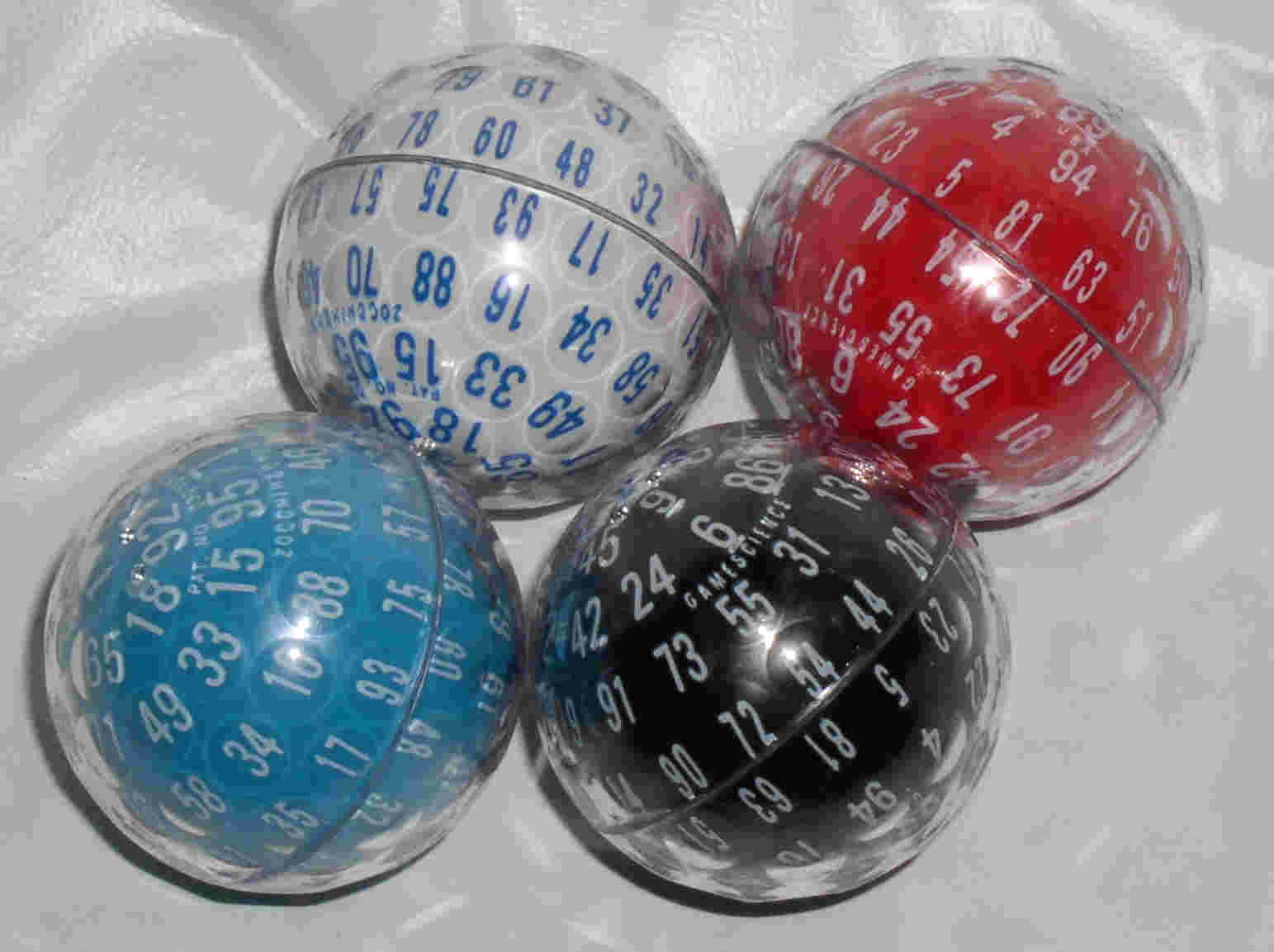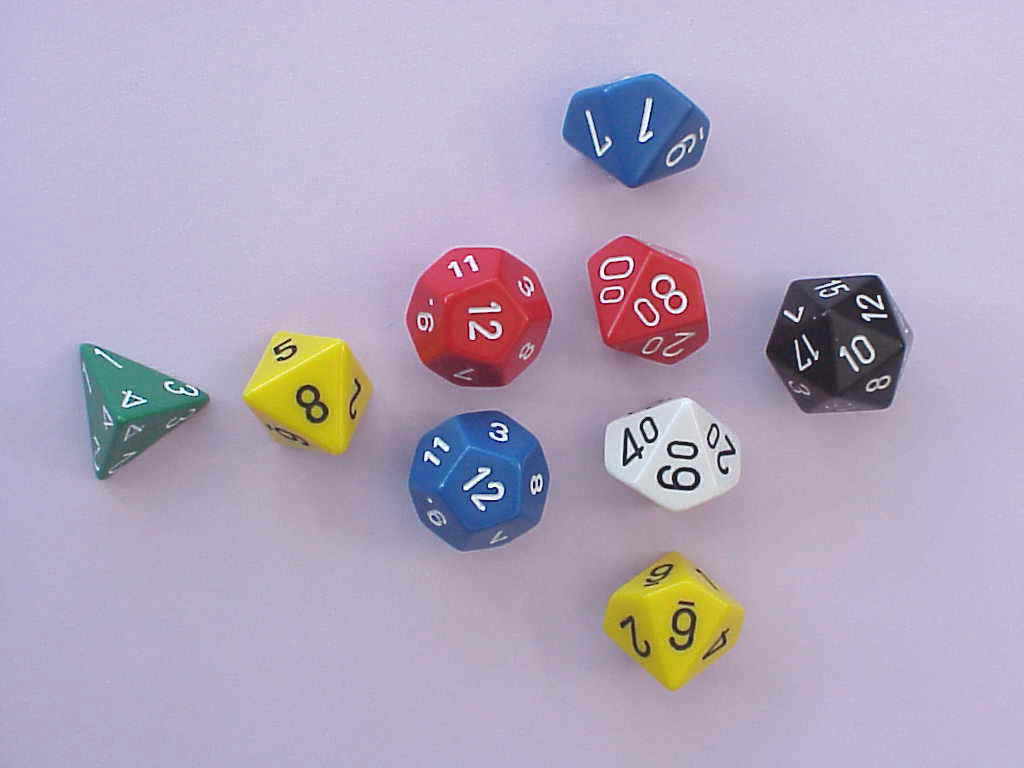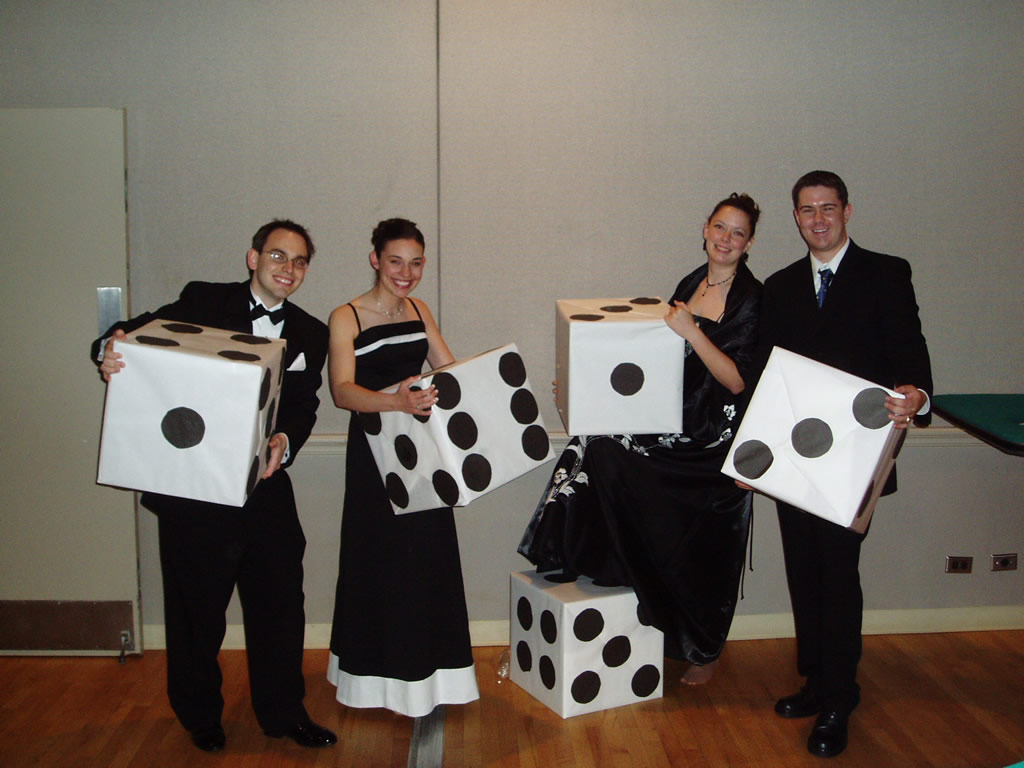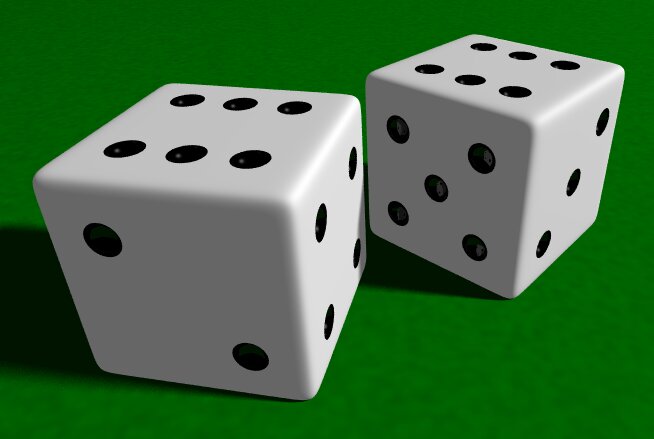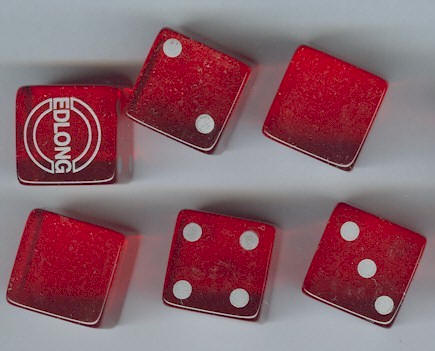 |
Craig White's Literature Courses Alternative Futures (+ Alternate Histories & Parallel Worlds) see also Future Narratives Compared |
 |
According to postmodern quantum physics and / or Einstein's theory of relativity, time travel and multiple strands of time are real or at least probable. Few human minds comprehend quantum physics, but speculative and science fiction use its mechanisms or metaphors (e.g., probability, multiple universes, parallel worlds, time portals, worm-holes) to explore time travel, alternative histories and futures, and the psychologies and metaphysics that come with them.
Compared to the linear creation-apocalypse narrative or even the evolutionary narrative, the alt.future narrative will seem far-fetched or exotic to most readers, but this sense of strangeness or outlandishness makes new possibilities for sf, with exciting and unusual insights or perspectives on nature and reality.
Popular examples of alternative futures, other realities, parallel worlds:
|
The Terminator (1984), where the good-guy from the future explains to Sandra Connor that he and the Terminator are from "one possible future," which the Terminator has returned to the past to change. Dragonball Z (Japanese TV series, 1989-96) Back to the Future I, II, III (1985, 1989, 1990) Groundhog Day (1993) Sliding Doors (1998) (Wikipedia: "romantic comedy-drama . . . . The film alternates between two parallel universes, based on the two paths the central character's life could take depending on whether or not she catches a train and causing different outcomes in her life." |
Sliders (American TV series,
1995-2000) Fringe (American TV series, 2008-13) Mr. Nobody (2009) Warehouse 13 (American TV series, 2009-) Lost (American TV series, 2010 final season) |
Source Code (2011) 11/22/63 (Stephen King novel, 2011) > 11.22.63 (Hulu series, 2016) Looper (2012) Edge of Tomorrow (2014) DC's Legends of Tomorrow (2016, CW American TV series) Bill & Ted's Excellent Adventure (1989) (worm-holes?) |
"Alternative History" has become a popular sub-genre of speculative and science fiction: (Wikipedia article on Alternate History)
Alternative histories mostly operate from a "what if?" premise that may also feature in Alternative Futures.
Philip K. Dick's The Man in the High Castle (1962, below right), which premises "what if" a failed 1930s assassination attempt on U.S. President Franklin Roosevelt had succeeded, weakening the American government and enabling the Germans and Japanese to conquer the USA in World War 2.
Increasing familiarity with quantum physics has made time-traveling (sometimes between time-lines rather than present to future or past) a frequent feature in other alternate histories like The Guns of the South (1993, below left) in which apartheiders from South Africa time-travel to the American Civil War to equip the Confederacy with AK-47s. (The South wins the Civil War, then frees the slaves anyway. Uh-huh.)
|
|
|
visual metaphors for alternative futures:
![]() branches of tree
branches of tree
![]() forking paths
(cf. "random walks" in probability theory)
forking paths
(cf. "random walks" in probability theory)
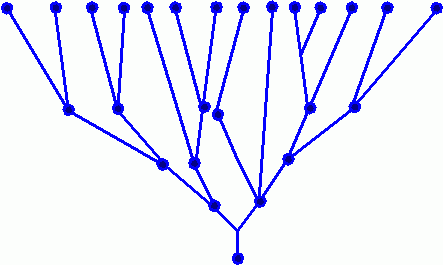 |
 |
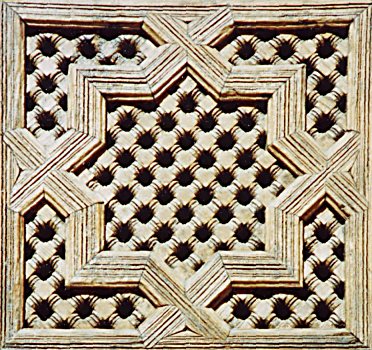 |
 |
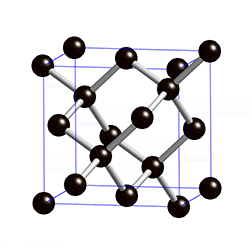 |
 |
Other possible metaphors or models for alternative histories / presents / futures:
|
|
|
|
|
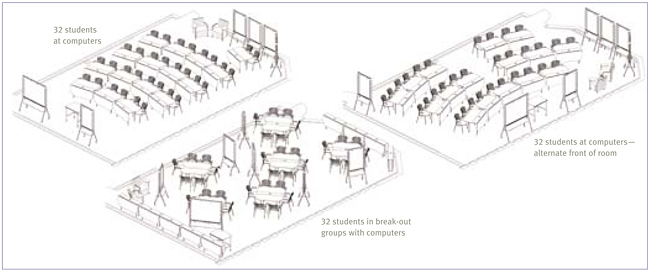 |
|
|
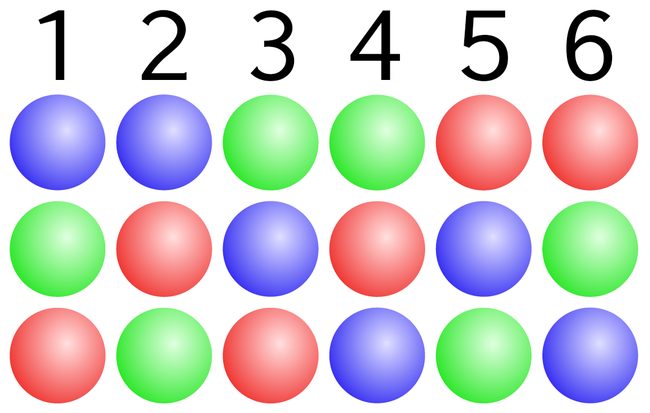
 |
|
("Mozart," "Gernsback")
("Garden of Forking Paths") |


 |
Related concepts or cultural correspondences:
![]() alternative genders
(Genesis as heterosexual nuclear family > modern society as spectrum of
co-existing, evolving, switchable genders) (Maybe it's always been that way, but
now we know it.)
alternative genders
(Genesis as heterosexual nuclear family > modern society as spectrum of
co-existing, evolving, switchable genders) (Maybe it's always been that way, but
now we know it.)
![]() multicultural society (world with permeable
borders, overlapping cultural realities, different peoples exchanging words,
goods, ideas, genes)
multicultural society (world with permeable
borders, overlapping cultural realities, different peoples exchanging words,
goods, ideas, genes)
![]() modernity, complexity
modernity, complexity
If alternative histories and futures are popular now, it may be partly because readers are living in an increasingly multicultural and multigender social world (despite First-World economic dominion). The vision of alternate realities may parallel acknowledgement of different cultures with alternate values and identities (even as they disappear into the World Market).
![]()
Sources of belief or authentication (validity): "What-if?" is the original imaginative impulse for alternative histories and futures, but postmodern quantum physics have supported our potential to imagine alternatie realities:
Key terms or concepts of quantum physics relative to multiple realities or time travel:
![]() probability
(one reality is likely but not guaranteed to prevail)
probability
(one reality is likely but not guaranteed to prevail)
![]() multiple
universes, parallel worls
multiple
universes, parallel worls
![]() wormholes,
time portals, etc.
wormholes,
time portals, etc.
Quantum physics defies the common sense of "classical modern physics" dating from Isaac Newton (1642-1727), whose theories supported popular linear and uniform metaphors of time as a river or arrow.
Instead, quantum physics predicts the limited probability of time trave and multiple universesl. Most people can't understand the scientific explanation, but rigorous scientific theory offers physical backing for such speculations, so the ideas are serious even if literature does little more than play with them and make them more familiar for future generations.
Scale of time: As with evolution, the potential time scales of alternate futures are overwhelming. In contrast to evolution, however, there is no assumption of a single line of development.
Time is infinite laterally as well as forward-backward. There is not only an infinite past and future, but infinite time is happening at every instant in many forms.
--> infinite multiplication of realities
ethical issues:
![]() alternate reality > alternate morality?
alternate reality > alternate morality?
![]() lack of
consequences? If you kill someone in one time-line, is it really murder if they
continue living in other, branching time-lines?
lack of
consequences? If you kill someone in one time-line, is it really murder if they
continue living in other, branching time-lines?
![]() colonizing alternative histories
(e.g. "Mozart in Mirrorshades" shows First-World Businessmen exploiting other
time-dimensions after they've used up the Earth of our time-dimension)
colonizing alternative histories
(e.g. "Mozart in Mirrorshades" shows First-World Businessmen exploiting other
time-dimensions after they've used up the Earth of our time-dimension)
appeals:
playfulness
multiplicity of story-lines (to point of diminishing returns)
popularity:
A frequent plot gimmick of science fiction is time travel that threatens to change the past or future
What kind of future is promised?
Nature or reality is enormous, complex, and multiple, beyond the human mind. Any effort by the human mind to comprehend is an aspect or angle on the subject, not exclusive of others.
Normally apocalypse and evolution are choices, either one or the other. Alternative futures enables an acceptance of all regardless of understanding.
Images of alternative futures or alternative times
|
|
|
Actual or mythical labyrinths go back to the classical Greek legend of the Minotaur of Crete. Some medieval and modern cathedrals have labyrinths in their floor plans which believers may follow in place of actual pilgrimages.
"Garden of Forking Paths": a maze in which all men would lose themselves . . . An invisible labyrinth of time
Garden of forking paths, or garden mazes
|
|
|
|
|
|
Branching tree
"Mozart in Mirrorshades"
227
history like a tree, another branch of history
|
|
|
|
|
|
Rough drafts, pile of unfinished manuscripts
|
|
|
|
"Garden of Forking Paths": only a mess of manuscripts . . . shapeless mass of contradictory rough drafts
|
|
|
Deck of Cards
"Mozart in Mirrorshades" 230 shuffling the deck of history


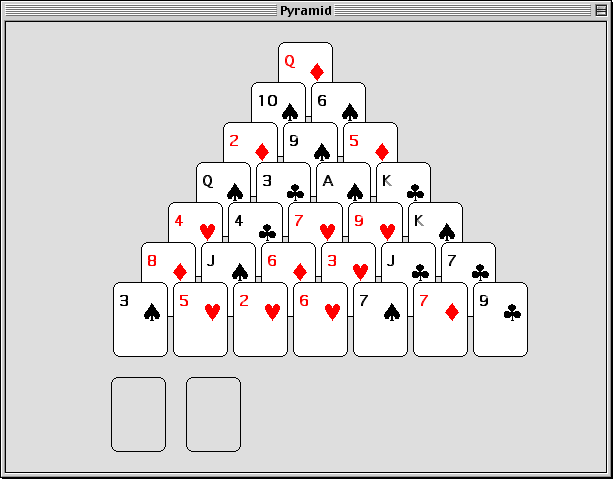
Dice?
|
|
|
|
|
|
No mention of dice in our readings, but the image works well with "probability" of quantum physics, plus people when preparing to procreate sometimes say, "We're going to roll the genetic dice"--in other words, the future could take many different paths based on the meeting and matching of DNA.
|
|
|
|
|
|
Other possible images
"Gernsback Continuum"
27
an alternate America: a 1980s that never happened. An architecture of broken dreams
32 A dream Tucson thrown up out of the collective yearning of an era . . . . but real
"Half Past Eight"
p. 46 string quartet conclusion--all parts play together
![]()
